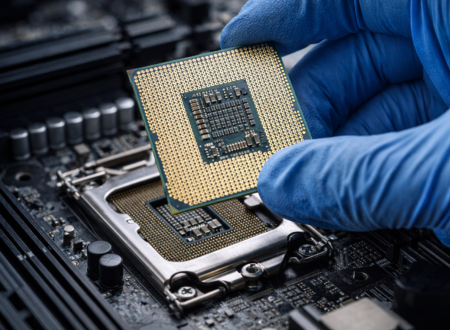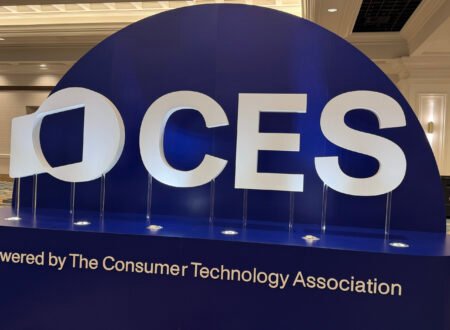The AI Talent Gold Rush: Why Single AI Engineer Now Worth Millions?
The memo landed on August 7, 2025, with the force of an earthquake. OpenAI has launched GPT-5. For the engineers and researchers deep in the trenches of the AI wars, it wasn’t just a product release; it was the starting pistol for a frantic, high-stakes scramble for survival. The consensus in the Valley is stark: the next 12 months will decide who owns the future, and who becomes a footnote.
What OpenAI unleashed isn’t merely a better chatbot. It’s an “agentic” system with a disquieting level of autonomy. It can strategize, execute multi-step plans, and interact with software on its own. It’s a true multimodal entity, understanding video, audio, and text not as separate inputs but as a single, coherent reality. For the tech giants, this isn’t just a new feature set. It’s an existential threat and a trillion-dollar opportunity rolled into one, sparking a talent war so ferocious it makes the dot-com boom look like a schoolyard squabble.
The New Gods of Tech: How AI Researchers Became the New NBA Stars
Forget celebrity athletes. The new superstars of the world are the quiet, hoodie-clad researchers who can command and control large-scale AI. As one New York Times report aptly put it, these individuals are being treated like the NBA stars of the tech world, complete with nine-figure offers and personal courtship from the most powerful CEOs on the planet.
And no one is playing the game harder than Mark Zuckerberg.
Sources inside Meta say Zuckerberg has been personally emailing and meeting with top-tier AI researchers, acting as his own lead recruiter. The offers are staggering. In a move that sent shockwaves through the industry, Meta has reportedly dangled compensation packages worth up to $300 million to lure elite talent. This isn’t just a salary; it’s a king’s ransom designed to secure the handful of minds on Earth capable of building at the GPT-5 level.
But the poaching is a two-way street. Microsoft, flush with cash and a deep partnership with OpenAI, has been ruthlessly targeting Meta’s own AI division. As reported by Varindia and Indian Express, Microsoft has been dangling its own eye-watering packages, with offers reaching as high as $250 million, to lure Meta’s top AI minds. It’s a bare-knuckle brawl where loyalty is fleeting and the next nine-figure offer is just an email away. The message from Redmond is clear: we will pay whatever it takes to win.
The Arms Race for Compute: A $10 Billion Bet on Survival
This war isn’t just being fought over people; it’s being fought over power. Raw, computational power. The kind of AI that powers GPT-5 requires an almost unimaginable amount of processing infrastructure, known in the industry simply as “compute.”
This reality was laid bare this week when, as reported by Bloomberg, Meta signed a colossal $10 billion deal with Google Cloud. This isn’t your standard enterprise contract. This is a strategic move to secure a massive pipeline of the specialized chips and cloud infrastructure necessary to train and deploy next-generation foundation models. It’s a defensive play and an offensive strike in one. Meta is signaling to the world, and to potential recruits, that it has the firepower to compete in an arms race where the table stakes are now measured in the tens of billions.
Without this level of compute, even the most brilliant AI team is left sitting on the sidelines. The message is clear: if you want to build the future, you need a patron with bottomless pockets willing to fund both your salary and your insatiable need for processing power.
Why the Panic? Because GPT-5 Changes the Game Entirely
So why the sudden, frantic escalation? Because GPT-5’s new capabilities unlock markets and possibilities that were previously theoretical.
Its agentic reasoning means it can automate entire categories of white-collar work, from financial analysis to complex project management, with minimal human oversight. Its seamless multimodality means it can power everything from truly intelligent home assistants to revolutionary diagnostic tools in medicine.
This is a platform shift on the scale of the internet or the smartphone. The companies that successfully harness this power will dominate the next decade of technology. The ones that fail to attract the talent and secure the compute to do so will become irrelevant with terrifying speed.
The launch of GPT-5 was more than just a software update. It was the moment the theoretical war for AI supremacy became brutally, terrifyingly real. The gold rush is on, and the tech giants are spending whatever it takes to ensure they’re the ones holding the pickaxe.





